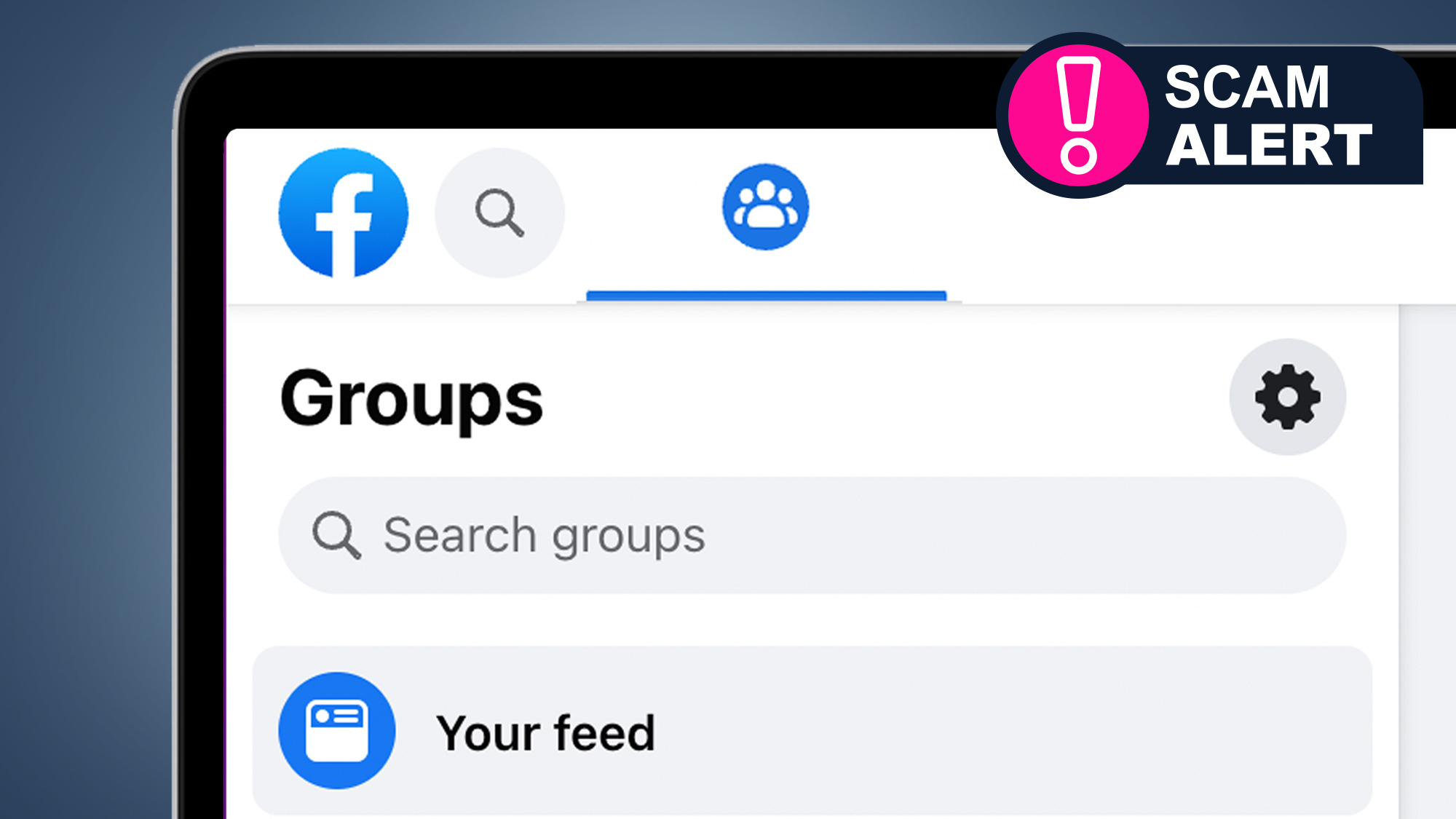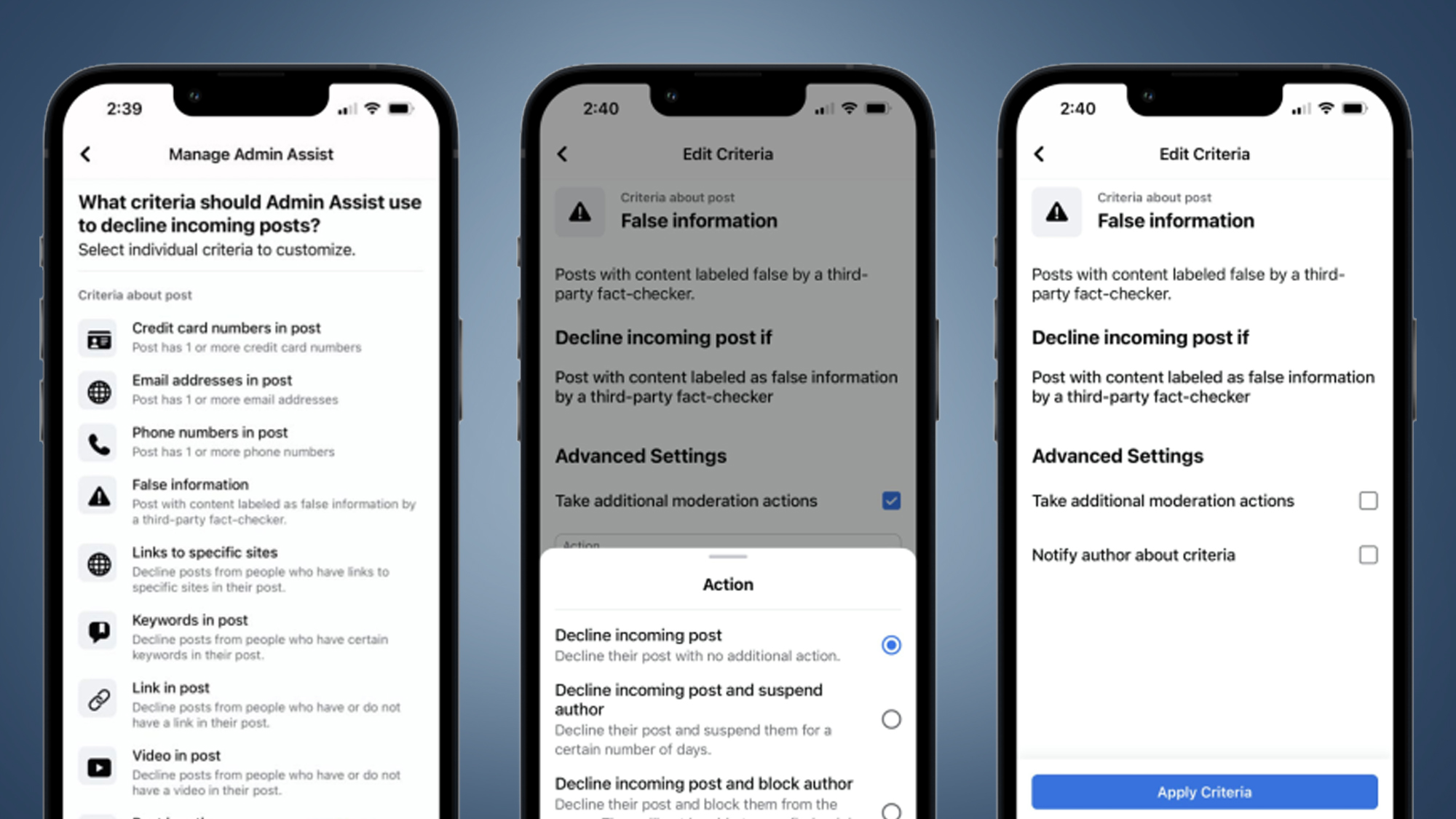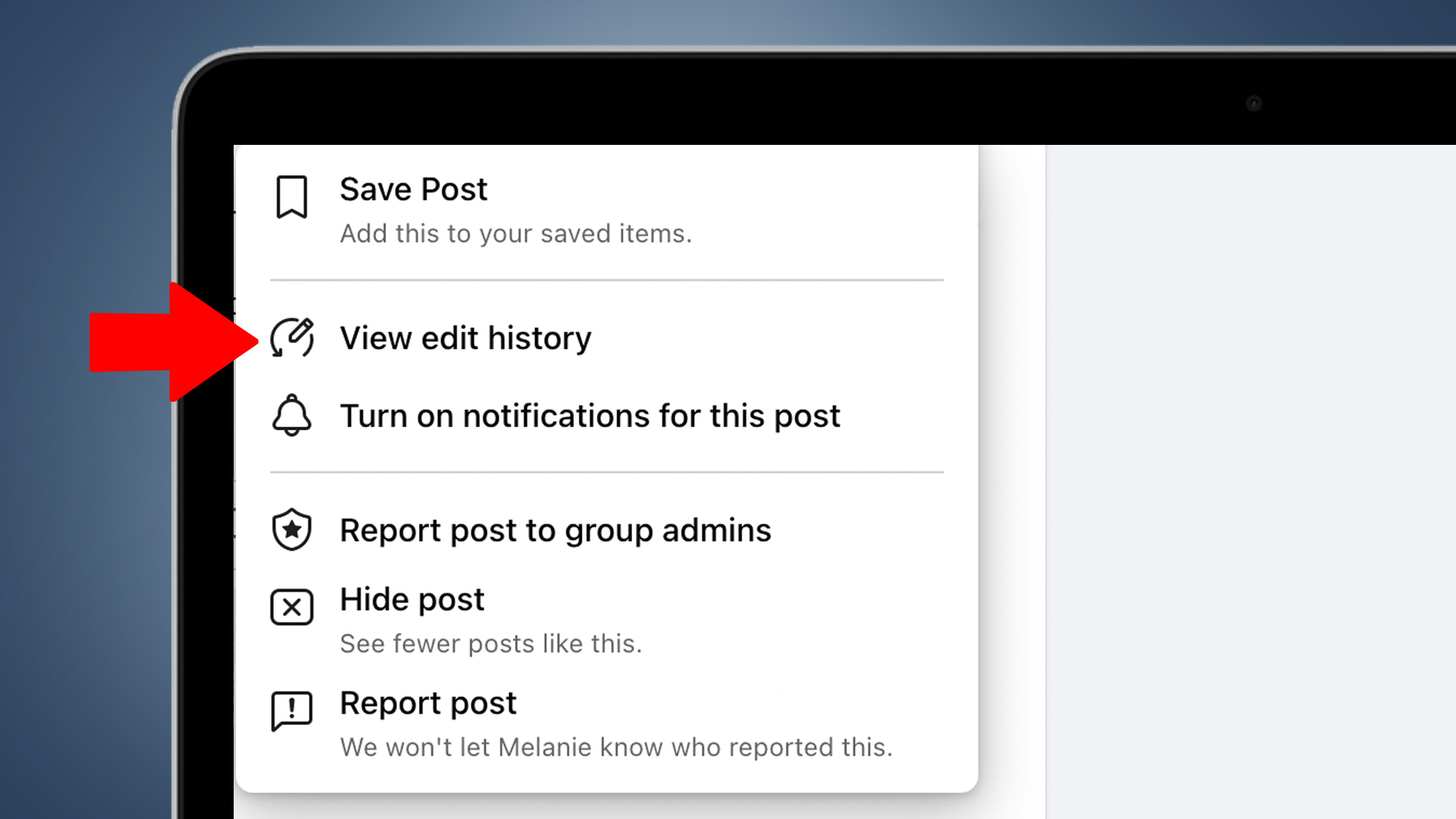Scam alert: how to spot hoax posts in your Facebook Groups
New study says Facebook findings are the 'tip of the iceberg'

Facebook groups have a serious misinformation problem, according to a new report from a leading fact-checking site – and the hundreds of hoax posts it discovered about escaped snakes and serial killers probably only hint at the scale of the global problem.
The report from Full Fact (via The Guardian), which is an independent, fact-checking charity in the UK, has gathered data and examples picked up over the past year during its studies of online misinformation. Overall, Full Fact found 1,200 examples of hoax posts in Facebook groups during the last 12 months, which it says is likely to be "the tip of the iceberg".
The charity says that judging the true scale of the problem is difficult, because "many hoax posts are never fact checked or reported". But it found that at least 115 different communities across the UK have been the victim of hoaxes, and that these posts have also appeared in many groups overseas, too.
Many of these hoaxes are serious and designed to "terrify local communities", according to Full Fact. One case in Dundee, Scotland claimed that a serial killer was at large and "hunting" local communities, while others attempted to lure people in into helping to find missing dogs or children who don't exist. The charity also found similar examples in Facebook groups across the US and Australia.
What's behind the hoaxes?
So why are these hoaxes happening? Full Fact says many hoax creators use a bait-and-switch approach to later turn their fake stories into engagement posts or affiliate links for cashback sites and giveaways.
For example, a post in Doncaster, UK about a missing person was later edited and replaced with an unrelated post advertising a competition to win chocolate hampers. By the time the post was edited, it had already been shared "more than 100 times". This tactic is a common one, according to Full Fact, with the edited posts usually containing an active link that you need to click to go outside Facebook.
We asked Meta for comment on the issue of hoaxes in Facebook groups and a spokesperson told us: “Fraudulent activity is not allowed on our platforms and we’ve removed the violating posts and account brought to our attention. While no enforcement is perfect, we continue to invest in new technologies and methods to stop scams and the people behind them. We also introduced new tools last year to help Facebook Group admins prevent the spread of misinformation and manage interactions in their groups.”
Sign up for breaking news, reviews, opinion, top tech deals, and more.

But Full Fact isn't convinced that Meta has done enough, stating that policy changes at Facebook "appear to have inadvertently helped hoax posts in local community groups become a global phenomenon". It says the key one in 2013 allowed Facebook group users to edit posts – crucially, the posts retain likes or shares even when the words and pictures are changed.
If you've interacted with an edited post, you also don't currently get any notifications that the content has changed. Further fanning the flames of the problem was another policy change in 2021, which allowed people to join groups without any admin approval. While admins are still able to restrict who posts and comments in the groups, Full Fact says this change has made local groups more open to infiltration from people from outside the area.
How to avoid hoaxes in Facebook groups

Given the tactics adopted by hoax posters on Facebook groups, one of the best ways to check or avoid sharing them is to see if the post has been edited. You can do that by clicking on the three dots in the top-right of the post and clicking 'view edit history' (above).
But Full Fact has also put together a handy separate guide to spotting hoaxes in Facebook groups, which contains other tips. These include checking to see if comments on the post are disabled (which is less common on genuine posts asking for help), looking to see if the image has been used elsewhere (by using Google image search), and watching out for posts that have been created by a newly-created page, rather than a personal profile.
You can also run a post's text through a quick check by pasting it into Facebook's search box in the top-left corner, and seeing if it's been used elsewhere with different images. For local groups, Full Fact also says it's worth checking the language to see if it doesn't sound like it's from your region.
While Meta has introduced new tools for group admins – like the ones it announced in 2022 that let them automatically approve or decline member requests – and also partnered with 90 independent fact-checking organizations (including Full Fact), there's clearly still an issue with hoax posts. So it's well worth arming yourself with the tips above, and double-checking those posts about missing dogs or serial killers if you're a keen user of Facebook's otherwise handy groups feature.
You might also like

Mark is TechRadar's Senior news editor. Having worked in tech journalism for a ludicrous 17 years, Mark is now attempting to break the world record for the number of camera bags hoarded by one person. He was previously Cameras Editor at both TechRadar and Trusted Reviews, Acting editor on Stuff.tv, as well as Features editor and Reviews editor on Stuff magazine. As a freelancer, he's contributed to titles including The Sunday Times, FourFourTwo and Arena. And in a former life, he also won The Daily Telegraph's Young Sportswriter of the Year. But that was before he discovered the strange joys of getting up at 4am for a photo shoot in London's Square Mile.